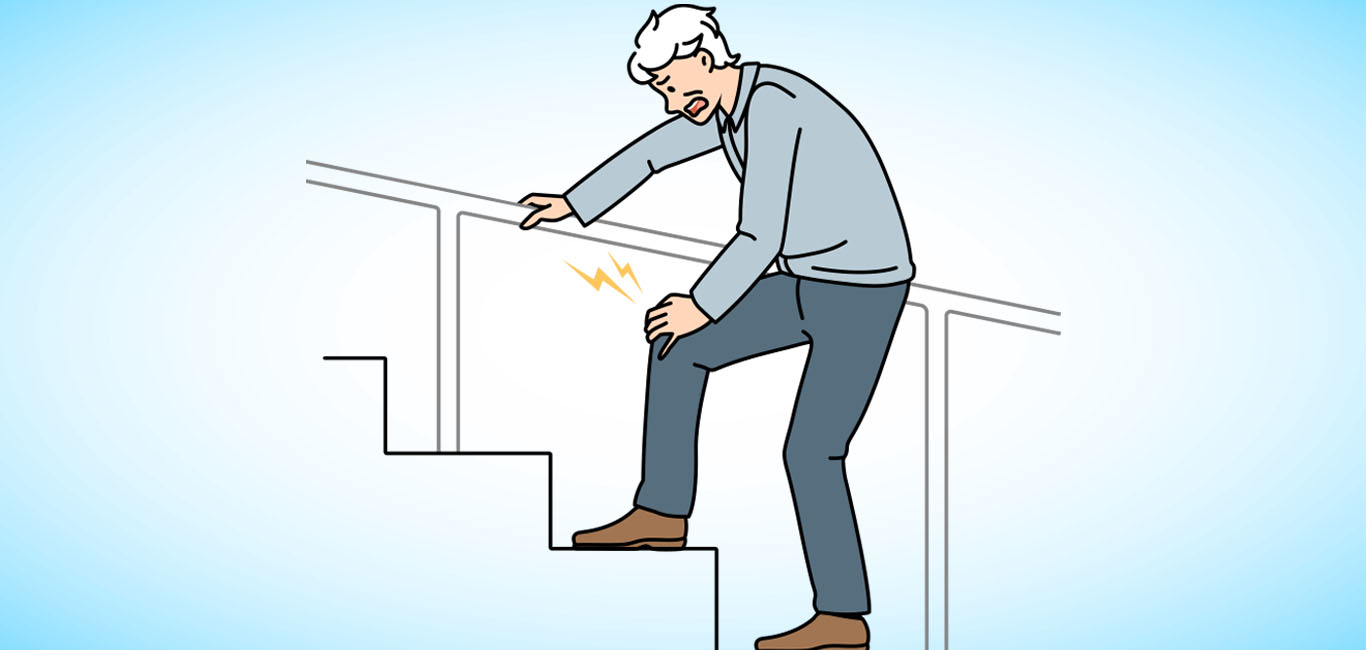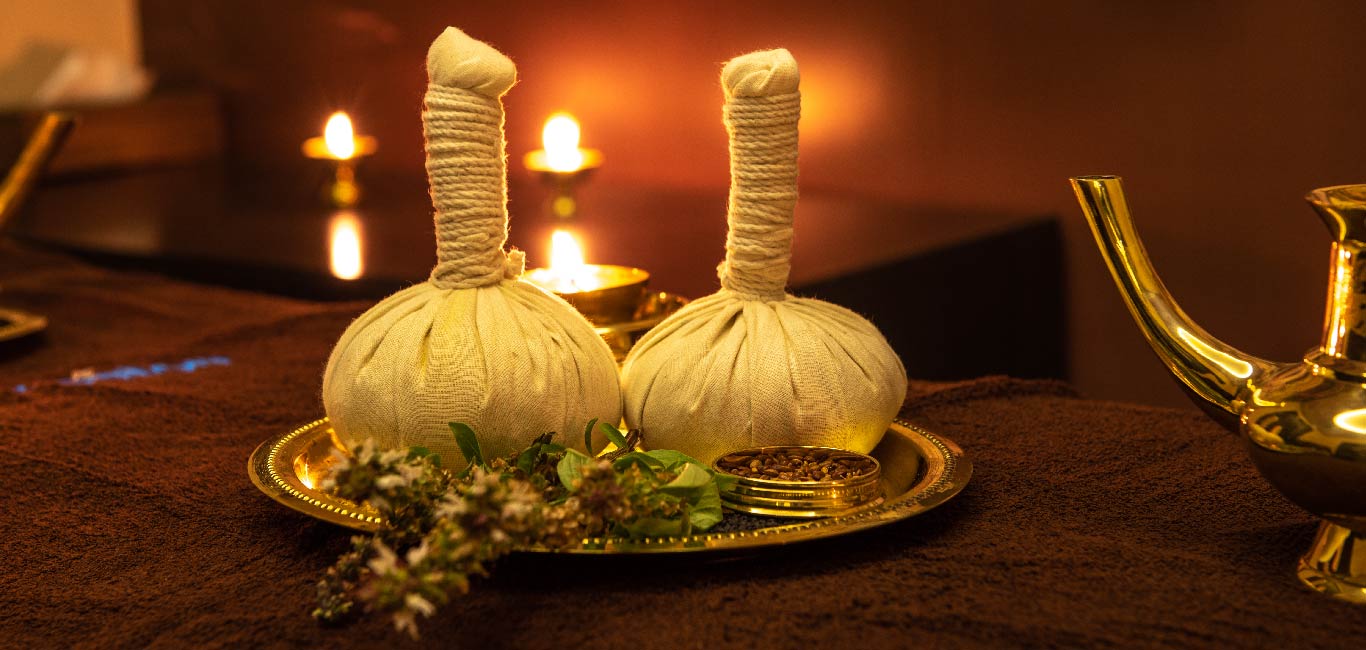
It all began with a small patch of blackish skin near the ankle area for Rajeevan Nair, 62, a retired government employee now settled in Delhi. His skin specialist later diagnosed it as eczema. Gradually, he experienced severe itching and occasional oozing in those areas. Initially, Nair ignored it, finding some relief with ointments, but the symptoms persisted intermittently – dark patches, sometimes accompanied by itching and burning sensations, and at times with pain.
So, after much consideration, he sought a natural remedy from an ayurvedic expert. The physician diagnosed it as kusta (a skin disorder) and prescribed a one-week medication followed by three sessions of leech therapy for purification purposes.
“Initially, I feared being bitten and felt uneasy at the prospect of a leech rolling on my body. However, the treatment was far different from what I had anticipated,” says Nair.
Glimmer of hope
On the therapy day, the therapist placed two leeches on the discoloured area, and they promptly began their task. “Initially, I experienced a sensation akin to a needle prick.” However, the creatures’ natural anaesthetic swiftly took effect, rendering the area numb (thanks to the analgesic molecule in the leech’s saliva).
The process continued for 45 minutes. “I have noticed a significant transformation within three months after three sessions (every 15 days). “The itching sensation has disappeared, and moreover the area is gradually returning to its natural skin tone,” says Nair.
Leeches play a crucial role in ayurvedic panchakarma therapies and are utilised in microsurgeries. Many individuals have experienced the benefits of leech therapy.
What is leech therapy?
It is a type of purification therapy in ayurveda which is also referred to as hirudotherapy. This therapy helps improve blood flow in any localised area with poor blood circulation. During this therapy, the leech is attached to the targeted area and draws blood (this is its innate nature). At that time, it releases proteins and peptides that thin the blood and prevent clotting, which helps improve circulation.
“In ayurvedic therapy, leeches provide benefits for conditions associated with rakta (blood) and pitta dosha (fire element). The conditions include psoriasis, localised skin diseases, loss of skin sensation, abscesses, varicose veins, joint inflammation, pigmentation issues, and mottled skin,” says panchakarma expert Dr Anakha Venugopal, chief physician, Indeevaram Ayurveda, Kochi.
Leeches in reconstructive surgery
Leeches have also seen their usage in modern medicine too, primarily in reconstructive surgery, where a flap or replanted digit has developed venous congestion.
After reimplantation surgery to reattach severed fingers or limbs, plastic surgeons may perform super microsurgery to join tiny blood vessels. Despite successful attachment, there are chances of poor venous outflow. “Leeches improve circulation by attaching to the affected area and drawing out excess blood until circulation stabilises, typically over five to seven days,” explains Dr Vybhav Deraje, consultant craniofacial and plastic surgeon, Bengaluru.
Leeches – the living medical devices
Not every leech considers itself medicinal. Hirudin medicinalis, a specific category of leeches, is used for bloodletting purposes. Medicinal leeches are specifically grown in a sterile environment in hospitals. These leeches suck out the used blood and allow more fresh blood to come and help keep the affected area healthy.
The saliva of leeches contains an anticoagulant component, hirudin, and a few other anti-platelet agents and vasodilator proteins that work to prevent blood clots and reduce the amount of congested blood in the tissues.
The U.S. Food and Drug Administration approved leeches for localised venous congestion after surgery in 2004, recognising them as living, breathing medical devices.
How much blood do the leeches suck
Leeches generally suck for 45-60 minutes, depending on the blood and also the condition of the person. In 45 minutes, they suck almost 10-15ml of blood from the affected part. After the therapy, the leeches are made to vomit all the toxic blood out; doing this cleans them.
Acceptability – a significant concern
A worm crawling on the body is not something many are comfortable with. Therefore, doctors ensure the person gives their express consent for this therapy. “Pain is typically not a concern, but significant blood loss may cause light-headedness in some individuals. Careful monitoring is essential, including regular checks of haemoglobin levels, oxygen saturation, and other vital signs using routine monitoring equipment,” Dr Deraje explains.
Allergic reactions and contraindications
Additionally, a few people may find that they are allergic to the enzymes in leech saliva. This is a rare complication and usually only causes itching or mild inflammation. Prolonged bleeding after leech removal is also a rare but a possible side-effect; proper medical care can help with persistent blood loss. “Leech therapy is contraindicated in certain conditions like anaemia, bleeding disorders, pregnancy, cancer wounds, bleeding piles, and in children and underweight individuals,” Dr Venugopal points out.
Robotic leeches – the future
Biomedical scientists are currently researching a mechanical leech. They are capable of administering an anticoagulant and a blend of chemicals while mimicking the suction action of natural leeches. Recent studies have focused on developing an ongoing suction electromechanical apparatus replicating medicinal leeches’ feeding mechanism. Perhaps, one day in the future, the leeches can take a break from their bloody labour.

















